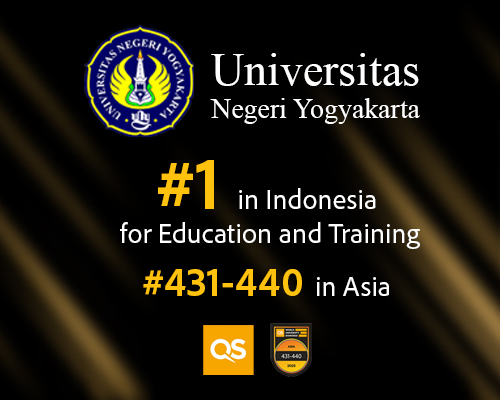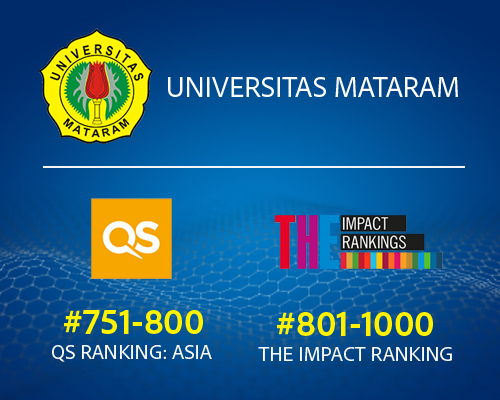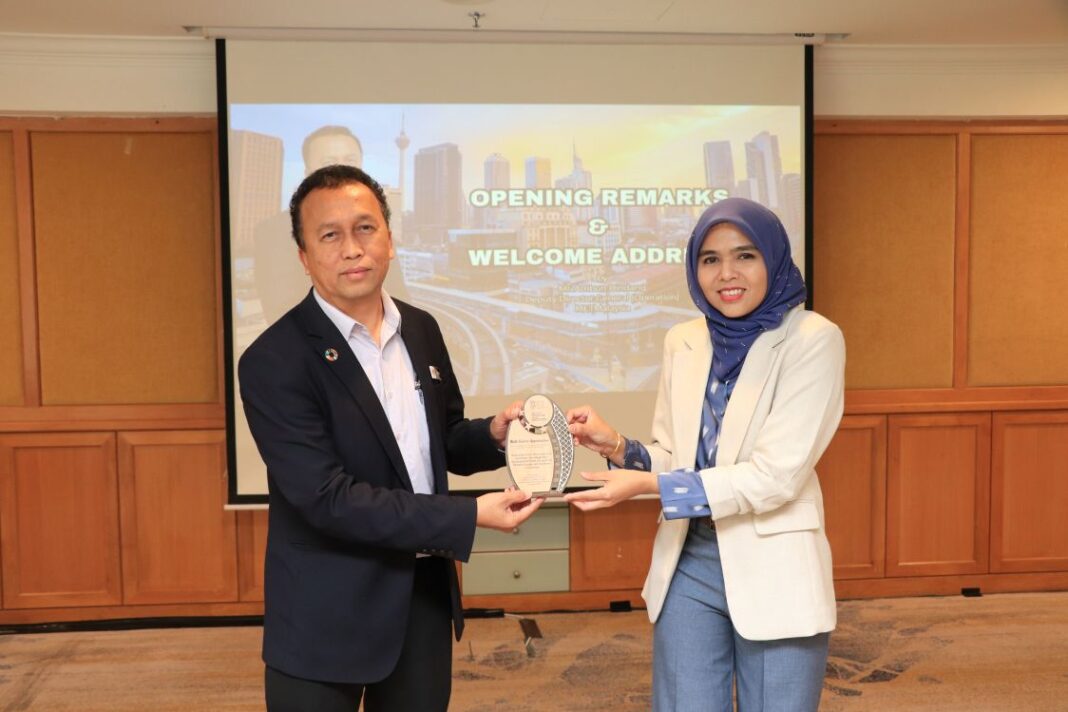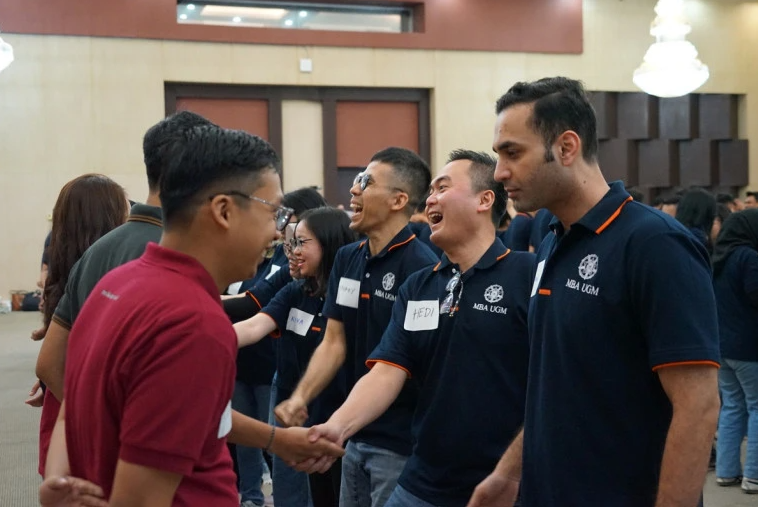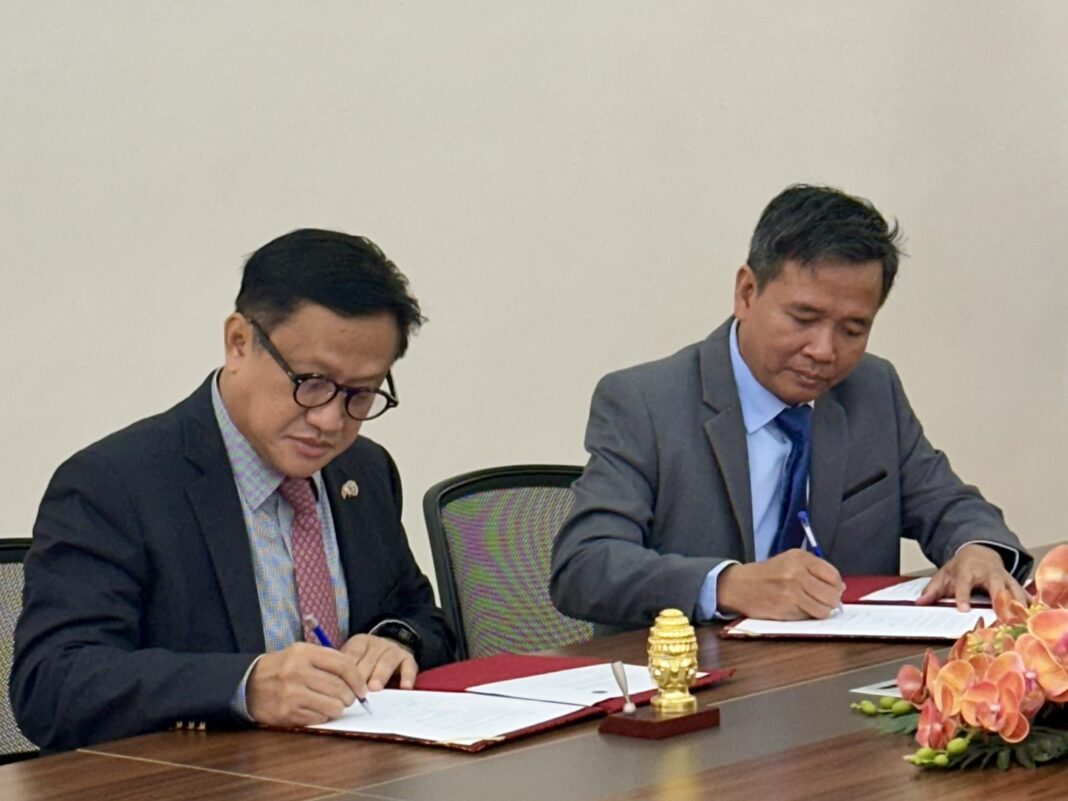Southeast Asia’s megacities are heating up faster than ever, creating dangerous urban hot spots that threaten millions of residents. A groundbreaking stakeholder workshop in Malaysia has unveiled critical strategies to combat these escalating Urban Heat Islands before they overwhelm regional infrastructure.
**Key Points**
- Urban Heat Islands in Southeast Asia megacities pose urgent threats to public health and urban resilience
- High-resolution land use classification proves essential for differentiating UHI impacts across various urban environments
- Mitigation strategies include sustainable building materials, expanded green spaces, and community education programs
- Cross-sectoral collaboration spanning multiple disciplines is required to build climate-resilient cities
- Kuala Lumpur serves as the pilot study site for integrated assessment frameworks
How Are Southeast Asian Megacities Tackling Deadly Urban Heat Islands?
The Earth Observation Centre at Universiti Kebangsaan Malaysia (UKM) recently convened a pivotal regional meeting titled “Assessing UHI in Southeast Asia Megacities: An Integrated Study of Land Use, Climate Change and Heatwave Occurrences.” Consequently, the August 27, 2025 workshop brought together government agencies, NGOs, academia, and international experts from Vietnam, Japan, and Indonesia.
Deputy Director General (Operations) of the Malaysia Meteorological Department, Mr. Ambun Dindang, officiated the proceedings with a stark warning about the regional crisis.
Why Do Urban Heat Islands Pose Such Urgent Threats?
Mr. Ambun emphasized that Urban Heat Islands represent far more than academic theory. “UHI are not merely an academic concept; they are a lived reality for millions of urban dwellers, especially in the dense, rapidly growing megacities of Southeast Asia,” he stated during his opening remarks.
Regional Challenges Intensify Climate Risks
“In our region, rapid urbanisation, changing land use, and the intensifying impacts of climate variability have created localised hotspots that can exacerbate heatwaves, strain public health systems, and undermine urban resilience,” Mr. Ambun explained. The project leader, Ts. Gs. Dr. Wan Shafrina Wan Mohd Jaafar, confirmed that rising urban heat trends and increasing heatwave frequency will intensify further in coming decades.
What Did Researchers Discover About Heat Distribution?
The research team’s findings highlighted crucial insights about high-resolution urban heat mapping capabilities. Notably, their analysis demonstrated the importance of detailed land use classification in differentiating UHI impacts across various urban environments throughout Kuala Lumpur, which serves as the pilot study site.
International Expertise Shapes Regional Solutions
International experts from Vietnam, Japan, and Indonesia contributed valuable perspectives by sharing their respective countries’ experiences addressing UHI and heatwave challenges. In contrast, local stakeholders presented ongoing initiatives, followed by dynamic Question and Answer sessions that encouraged meaningful dialogue and knowledge exchange.
*The stakes for regional urban planning couldn’t be higher.*
Which Mitigation Strategies Show Promise?
Workshop participants identified several actionable solutions to combat escalating urban temperatures:
- Selection of sustainable and reflective building materials to reduce heat absorption
- Expansion of green spaces and urban forests to improve cooling and liveability
- Public awareness and education programs to encourage behavioural change and community participation
Cross-Sector Collaboration Proves Essential
The workshop emphasized that multiple sectors must coordinate their efforts effectively. Participants identified eight critical areas requiring integration: urban planning, green and environmental management, public health, energy and infrastructure, climate and disaster preparedness, community engagement, media and communication, and advocacy.
| Sector | Primary Role |
|---|---|
| Urban Planning | Sustainable development frameworks |
| Public Health | Heat-related illness prevention |
| Community Engagement | Behavioral change programs |
| Infrastructure | Cooling system optimization |
The initiative receives funding from the Asia Pacific Network for Global Change Research, ensuring sustained support for comprehensive regional analysis.
Bottom Line
Workshop participants reached unanimous consensus that Urban Heat Island and heatwave challenges cannot be solved by individual entities working in isolation. Instead, collaborative, cross-sectoral action remains essential to build climate-resilient cities throughout Malaysia and across Southeast Asia.
The integrated assessment frameworks developed through this initiative will guide future mitigation strategies, with Kuala Lumpur’s pilot study results informing broader regional applications. As urbanization accelerates across Southeast Asia, these evidence-based approaches offer hope for protecting millions of residents from increasingly dangerous heat exposure.


